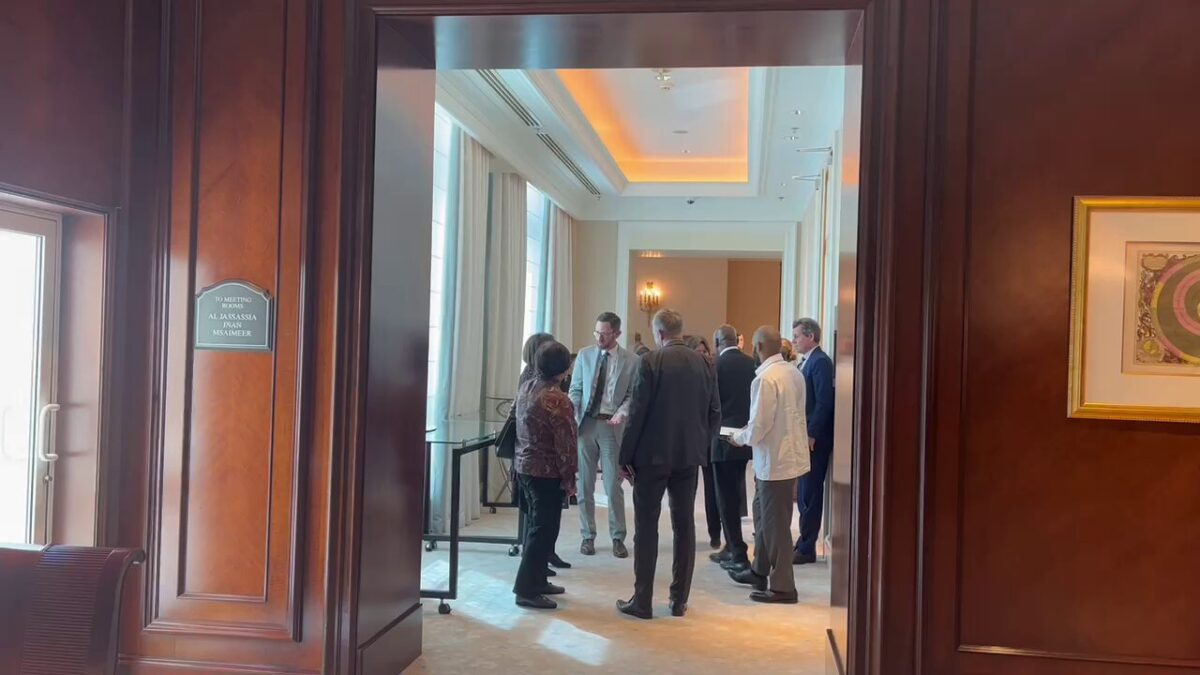DOHA, Qatar — Participants of the recent two-day UN meeting in Doha described the gathering as a starting point for a global political process aimed at addressing the crisis in Afghanistan, which is expected to include the appointment of a United Nations special envoy for the country.
Faizullah Zaland, a representative of Afghan civil society at the meeting, indicated that the process would be bolstered by the designation of a UN special envoy and the establishment of political frameworks. “The appointment of a special UN Secretary-General representative to Afghanistan is to advance the political process, support human rights, and promote girls’ education,” Zaland stated.
However, the Taliban have expressed opposition to such an appointment. UN Secretary-General Antonio Guterres announced on Feb. 19 that he would begin immediate deliberations on the envoy’s appointment, with a special meeting planned for later this month.
Political movements from Afghanistan, including the Jamiat-e-Islami Party, have shown willingness to cooperate with the UN special envoy, though they criticized their exclusion from the Doha meeting. The party emphasized the need for an appointee who understands Afghanistan’s social, historical, and cultural context.
Razia Barekzai, a women’s rights activist, urged the UN to adopt a realistic stance on Afghanistan, especially in upcoming Security Council meetings.
The Taliban’s conditions for participating in the meeting, which included high-level talks exclusively with them as representatives of Afghanistan, were not met by the UN.
Rahmatullah Nabil, former Afghan intelligence chief, commented that the Taliban faced significant challenges in deciding whether to attend the Doha conference. “Participation would imply recognition of the need for dialogue with other Afghan factions,” he noted.
Mahbouba Seraj, another civil society representative, criticized the Taliban’s absence, questioning the exclusion of Afghan civil society, particularly women, from such discussions.
The Russian delegation declined to attend the meeting with Afghan civil society representatives, a decision explained by Russia’s permanent envoy to the UN at a press conference.
Hamdullah Fitrat, deputy spokesperson for the Taliban, said on national radio that the Russian delegation’s decision at the Doha meeting was welcomed.
The international community’s efforts to address the Afghan crisis appear to be a continuation of the intra-Afghan dialogues halted with the fall of the republic government in August 2021.




